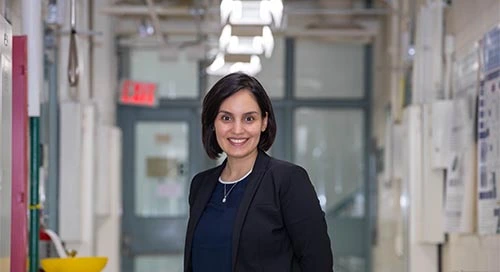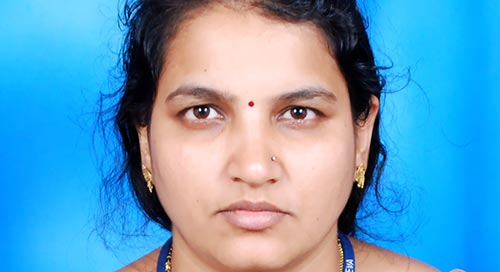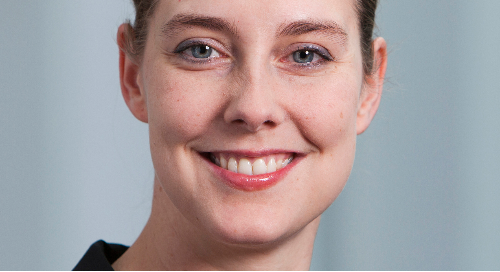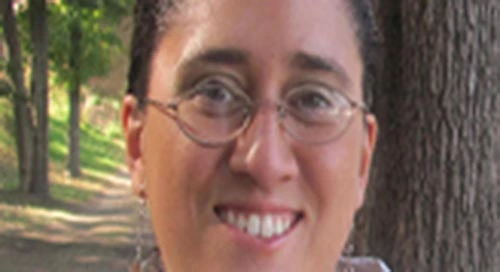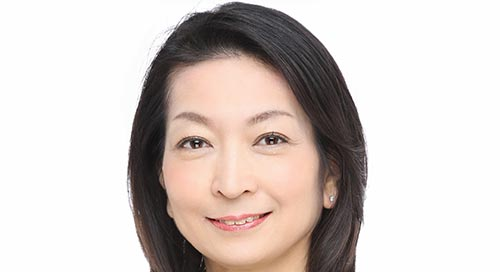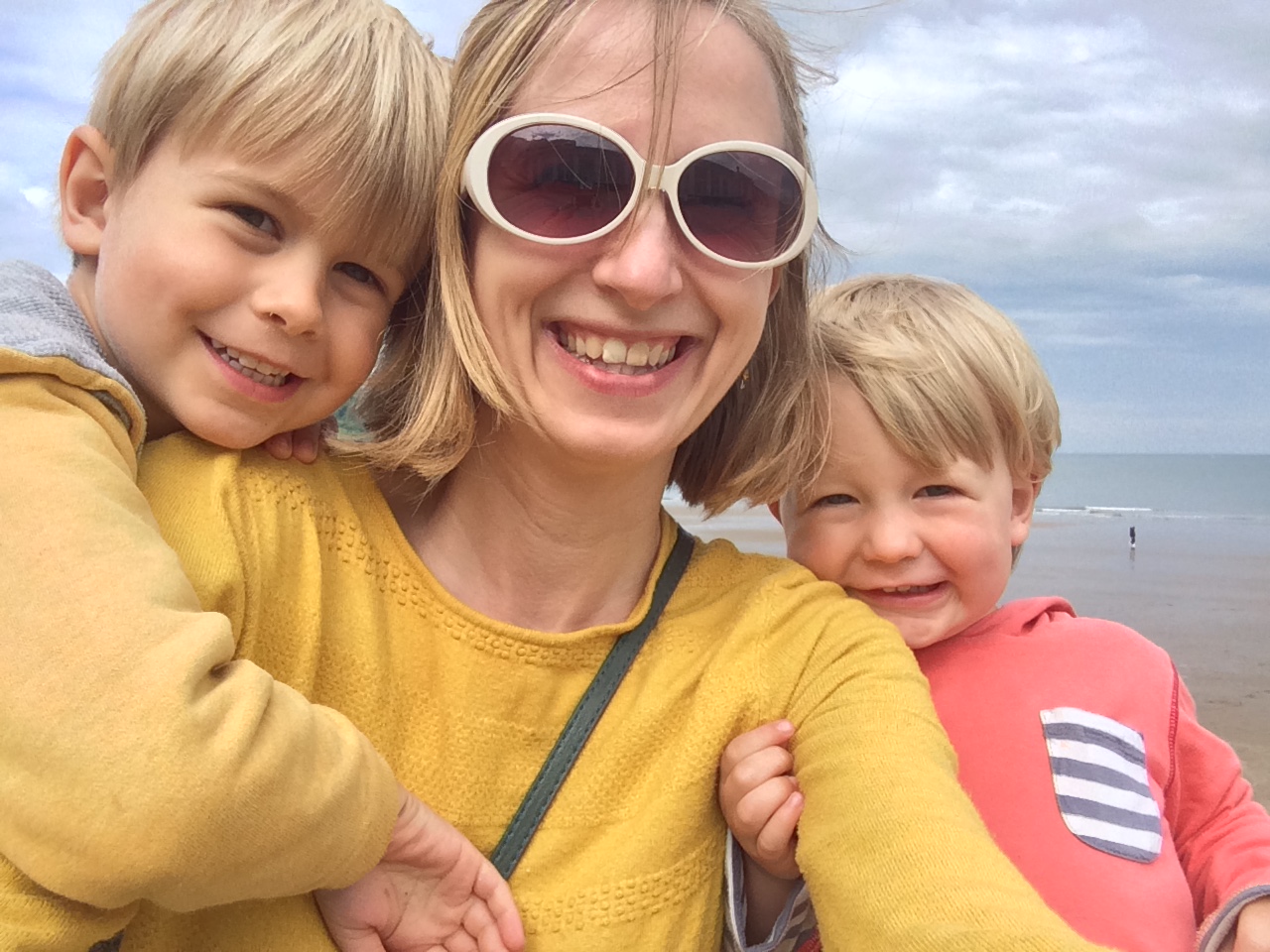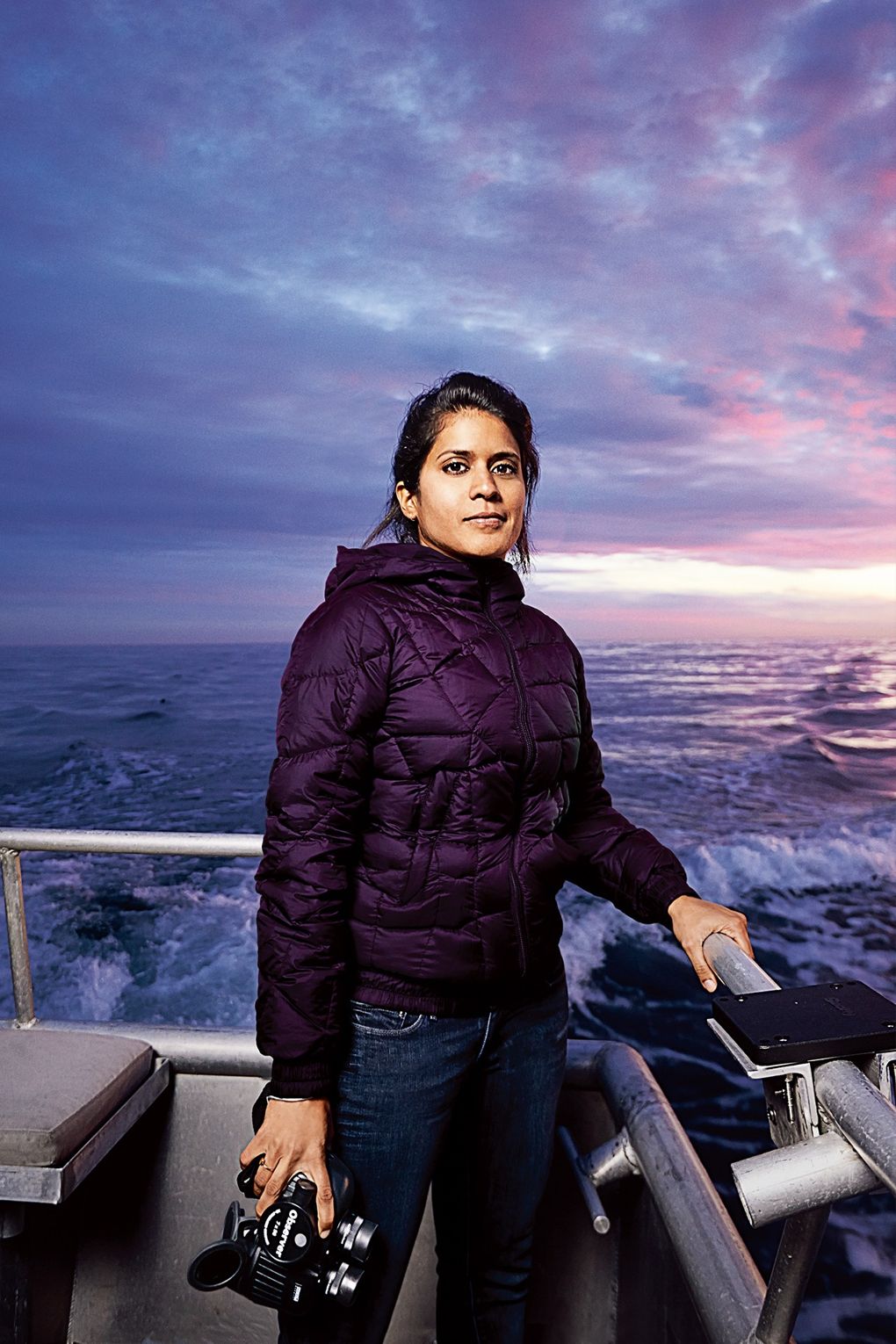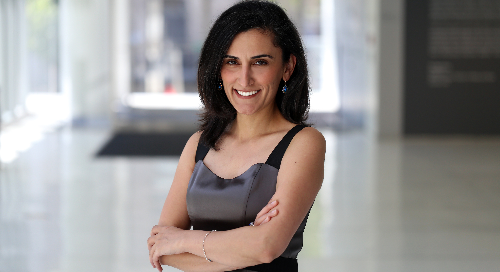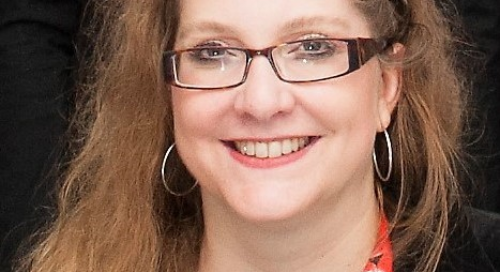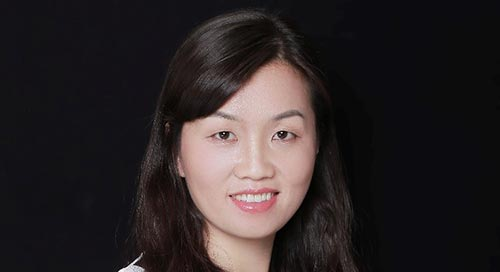choosing-research-as-a-career-a-q-a-with-biology-researcher-güneş-taylor
December 09, 2019
We recently spoke with Güneş Taylor, a Biology Postdoc at The Francis Crick Institute, and learned about her personal experiences as a researcher and her career journey so far.
Q. Tell us a bit about your background – what got you interested in your area of research?
A. I was born in Germany as my mum was a political refugee there from Turkey. When I was four years old, we basically moved to the UK when my mum was offered a scholarship to study here. We were back and forth a bit between Germany and the UK while my mum did her BA in Graphic Design, BA in Electronic Media and MA in Film Studies. I have spent most of my life in the UK now. At school I enjoyed many subjects but learning about ‘Dolly’ the first cloned sheep really made me think biology could be properly cool! I started paying attention to biomedical science stories in the news and when it came to making the decision about what to study at Uni, this is what I was really interested in. When I was fifteen, I arranged an internship in a lab in Turkey and really loved doing benchwork. That really made up my mind, so I studied an MSci in Human Genetics at the University of Nottingham. Apart from a short break working in Marketing and Communications for a small charity, I have followed the standard academic track since my undergraduate degree; doing a DPhil at Oxford University and now I’m a Postdoc at The Francis Crick Institute.
Q. What have been the biggest challenges that you’ve had to overcome in your field as a woman?
Honestly? I never once considered that becoming a scientist might be harder on account of being female. To me, my being female seems irrelevant to my ability to think or do experiments. So, no, I don’t feel like I have faced any major challenges being a woman in my academic career. For me, the biggest hurdle I have had to overcome in this line of work has been financial constraints. Since I moved out of home at fifteen years old, I haven’t had a stable family home or base so have been supporting myself. I did unpaid internships every summer to build up my lab experience and worked part-time jobs to make ends meet. I also had to make sure that there wasn’t a big gap between my PhD and my Postdoc so my salary didn’t lapse for too long.
It was tough at times having to be that pragmatic, but I really enjoy what I do, so none of the financial stuff really mattered. At the time, I didn’t think anything of it really, it was just what I had to do. It was worth all of the work and sacrifices to allow me to pursue what I really wanted to do! For me, financial pressure still remains the biggest challenge for this type of career.
Q. Was there anyone who inspired you, or acted as a role model for you, when you were starting out in your career?
A. Absolutely. There have been many people who have supported me. My current boss Robin Lovell-Badge is a brilliant mentor and has always been someone that inspired me. Bob Lloyd, who is also a member of The Royal Society, got me through my undergraduate degree – he always had time for me and pushed me when I needed it. Conrad Nieduszynski and Tom Milne got me through my PhD and were amazing in helping me with postdoctoral job applications. I’ve always felt like I have been able to bounce ideas off these people or go to them when I’ve needed support or encouragement. To me, they are literally priceless.
Q. Is there anything you think the research community could be doing to encourage greater gender diversity in academia?
A. Personally, I loathe tokenism and have found it more destructive to my self-confidence to be asked to sit on a panel just because I am a woman than not at all. I do not believe the sex of a scientist changes the validity of any scientific findings they make, nor that the sex of an individual changes their right to an opinion or the validity of their observations about life.
Thus, I think the most important thing is neutral messaging. Academia is not about being male or female or any other label, it’s about contributing to human knowledge. Are you interested in what you do? Do you enjoy what you do? If yes, then that is what matters and ultimately should translate into your contributions to your given field. Gender, or any other label for that matter, shouldn’t come into it.
Q. What would be the one piece of advice that you would give to a young woman hoping to pursue an academic career?
A. Run your own race and try to enjoy it!
Everyone has challenges in their lives, whether we see them or not, and life has a tendency to deal additional obstacles that require overcoming… So, I found focussing on overcoming my own challenges, and trying not to compare myself to others too much, has helped me put energy to better use.
Also, trying to figure out ways to answer your questions is fun, so pursuing those answers should be a strangely frustrating and rewarding kind of activity! If you enjoy what you’re doing it will show in how you work and eventually your research outputs.
Q. How do you think the scientific community benefits from the contributions of women in research?
A. Research involves trying to answer questions and then testing what you’ve found among as many people as possible. The more diverse the input and opinion, the better. It doesn’t matter whether this comes from women or men in my opinion!
Q. What do you think about sex/gender biases and how these could affect scientific research in the future?
A. I work on primary sex determination – how expression of certain genes means an embryo will develop ovaries or testes- and what therefore defines you a male or a female. Biologically, males and females are different. Certain conditions affect the sexes differently, certain medicines are only appropriate for one or the other sex. So, this will always have to be factored into research. Sex is determined genetically – but gender is different, gender is a social construct. We shouldn’t have to conform to gender stereotypes – people can behave however they want. But, biological sex is biological sex.

